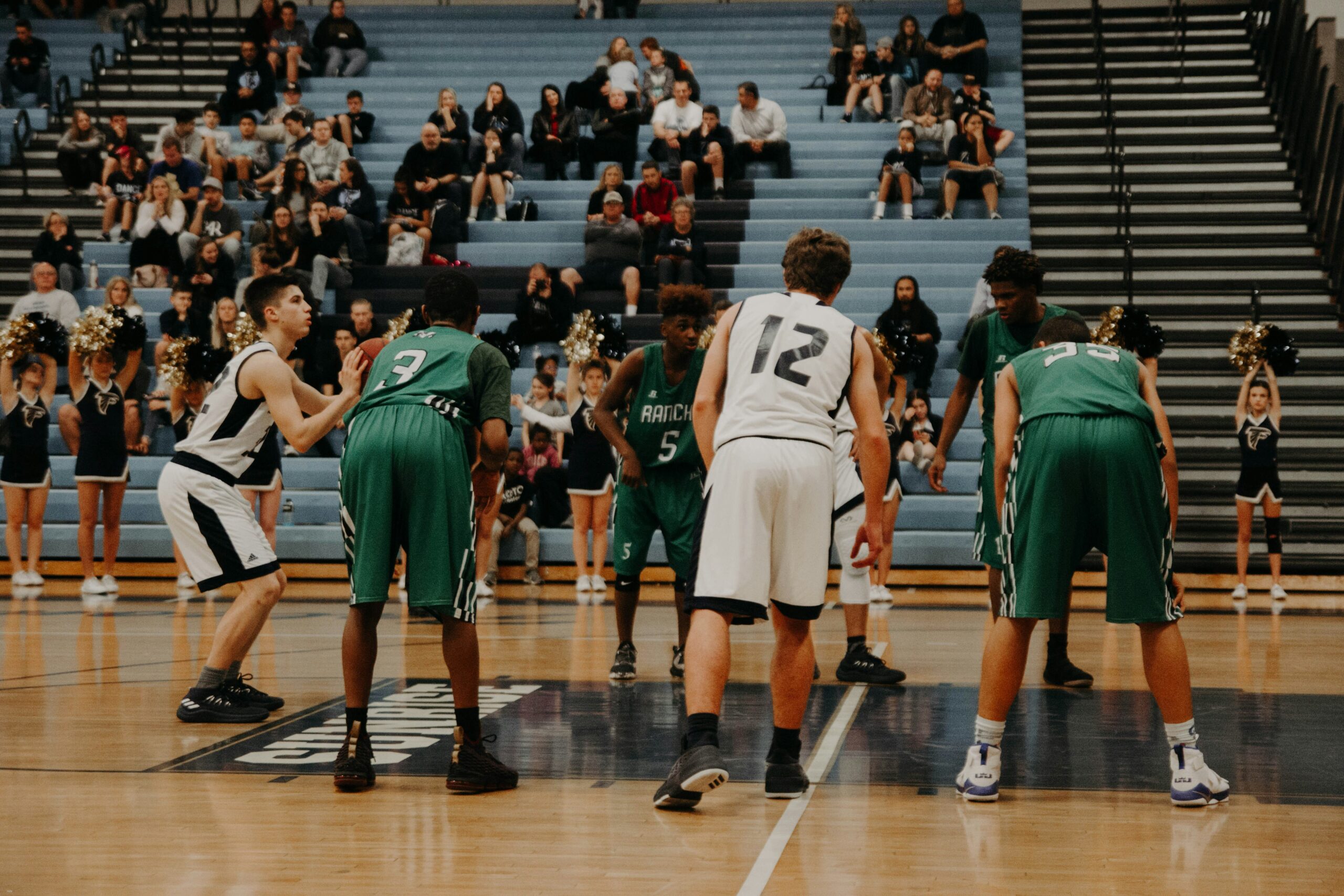March Madness, the NCAA Division I men’s basketball tournament, is a cultural phenomenon in the United States. It’s a three-week spectacle of high-stakes competition, passionate fan bases, and, most importantly, upsets. These unexpected victories by lower-seeded teams over higher-seeded powerhouses are a defining feature of March Madness, injecting a thrilling dose of uncertainty into the tournament and capturing the imagination of sports fans nationwide. This article delves into the factors that contribute to upsets in March Madness, explores the impact they have on the tournament and college basketball as a whole, and examines the enduring appeal of these underdog victories.
David vs. Goliath: Seeds, Brackets, and the Upset Formula
March Madness utilizes a seeding system, with higher seeds representing teams perceived to be stronger based on their regular-season performance. However, history has shown that seeds are merely a starting point. Upsets often occur when lower-seeded teams capitalize on a combination of factors. Pressure can play a significant role, with the weight of expectation potentially hindering the performance of higher-seeded teams. Conversely, underdogs play with a sense of freedom and a “nothing to lose” mentality, fueling their intensity and focus. Tournament format also contributes to upsets. Single-elimination games eliminate the possibility of a bad performance being rectified in the next game, adding to the pressure and increasing the chance of an upset.
Cinderella Stories: Unlikely Heroes and Lasting Memories
Upsets often birth captivating “Cinderella stories.” Lower-seeded teams, often from smaller conferences or with less heralded players, emerge from obscurity to capture national attention. These underdog victories resonate with fans because they embody the spirit of competition and the thrill of defying expectations. Players from these teams become instant folk heroes, their names forever etched in March Madness lore. Stories like Butler’s run to the National Championship game in 2011, or Loyola-Chicago’s improbable Final Four appearance in 2018, are testaments to the power of teamwork, resilience, and the unpredictable nature of March Madness.
Beyond Brackets: The Upset’s Impact on College Basketball
March Madness upsets have a significant impact on the landscape of college basketball. They showcase the depth of talent across the sport, demonstrating that success is not solely confined to the traditional powerhouses. Upsets can also propel mid-major programs into the national spotlight, potentially attracting better recruits and coaches, leading to a more competitive balance within the sport. Additionally, the unpredictability of March Madness keeps casual fans engaged, as even underdogs have a legitimate shot at glory. This maintains a high level of interest throughout the tournament and contributes to its enduring popularity.
Challenges and Considerations: Tournament Seeding, Parity vs. Upsets, and the Importance of Regular Season
While upsets are a cherished aspect of March Madness, some argue that the current seeding system may not always accurately reflect team strength. Additionally, the focus on upsets can overshadow the consistent excellence of top-seeded teams who have earned their high ranking through a strong regular season. Finding a balance between ensuring competitive seeding and maintaining the possibility of exciting upsets is an ongoing discussion. Nevertheless, the regular season remains crucial for teams to build momentum and secure a strong seed, which can offer a significant advantage in the single-elimination format of March Madness.
The Magic of March: Embracing the Unexpected
March Madness thrives on the unpredictability of upsets. These unexpected victories inject excitement into the tournament, providing captivating narratives and inspiring underdog stories. They remind us that regardless of seeding or pre-tournament expectations, any team can have its day. Upsets are a testament to the spirit of competition, showcasing the immense talent and passion present throughout the ranks of college basketball. As long as March Madness embraces single-elimination games and allows for underdogs to challenge the established favorites, the thrill of the upset will continue to be a defining feature of this beloved American sporting tradition.
